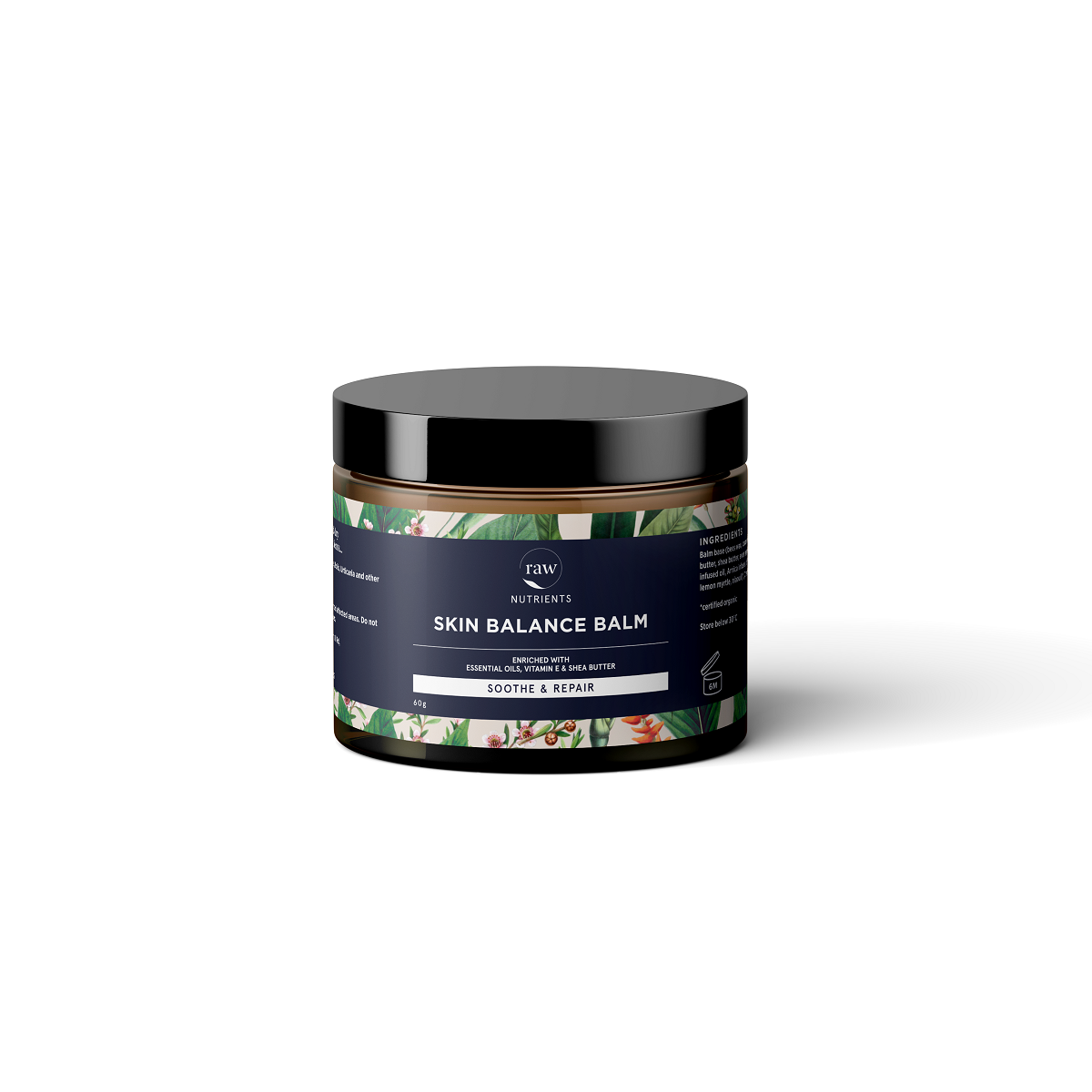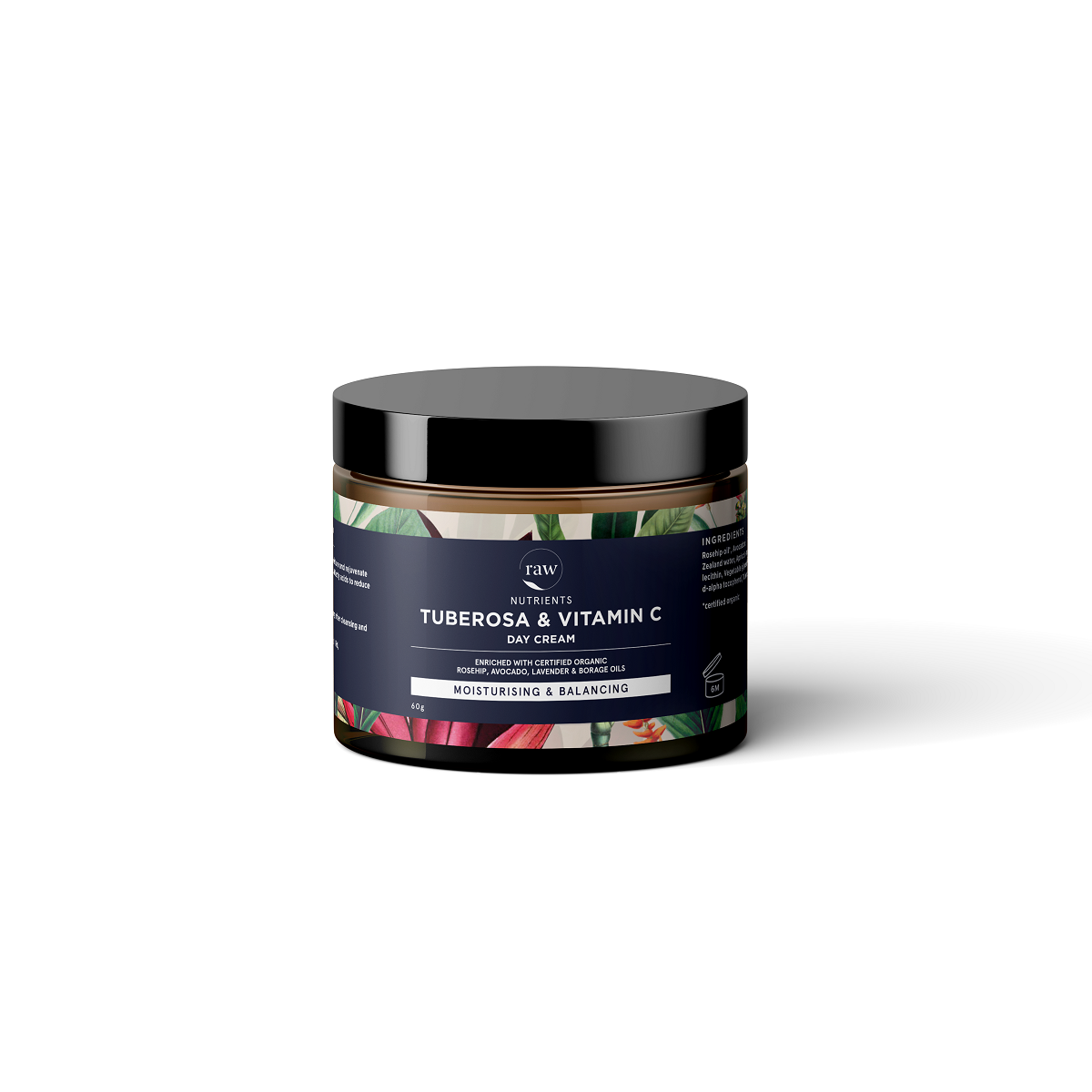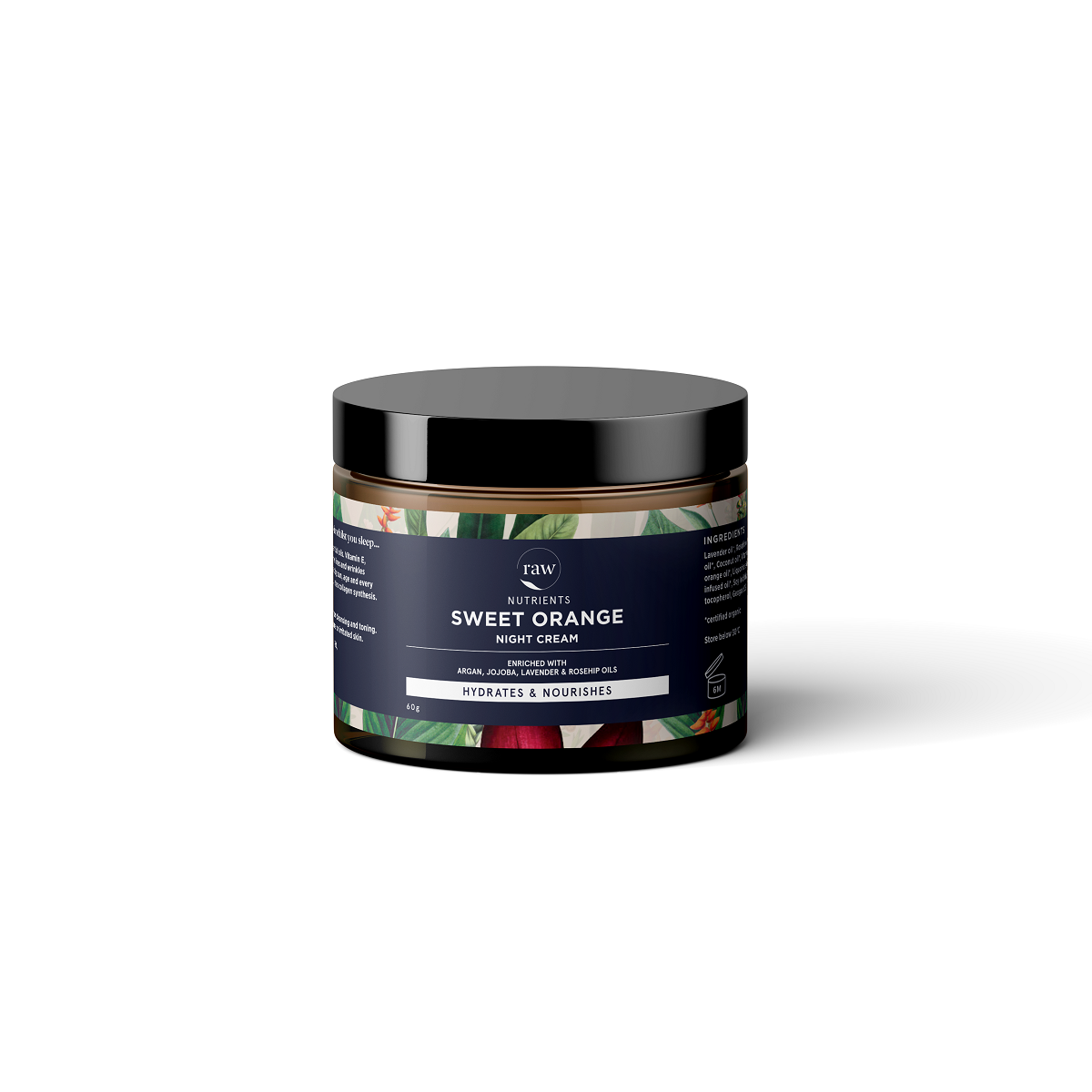-

Think about zinc!
Zinc plays many important roles in your body. This essential dietary mineral is involved in metabolism processes, hel...
-

Magnesium; Are We Consuming Enough?
There is widespread magnesium deficiency, and given the importance of magnesium in the body, it is but essential to r...
-

Probiotics; When & how do they work best?
Your gastrointestinal system comprises different microorganisms. The gut bacteria play a vital role in the health and...
-

Vitamin C; How does it benefit wellness?
Vitamin C has gained popularity as an antioxidant. However, research claims that it can act as both an antioxidant an...

Scientific research
Vitamin C; How does it benefit wellness?
Summaries of Vitamin C; Primary Information, Benefits, Effects, and Important Facts.
Vitamin C has gained popularity as an antioxidant. However, research claims that it can act as both an antioxidant and pro-oxidant, depending on the bodily requirements. That means it serves a range of functions, isolating free radicals in the body. Vitamin C is believed to act on neurology and depression. Its antioxidant properties mean vitamin C provides neuroprotective effects and benefits for blood flow.
Vitamin C Effects on the Body
Oral supplementation helps:
- Increase plasma Vitamin C concentrations
- Protect testes from oxidative stress
- Preserve testosterone levels
- Improve blood flow, particularly in people with impaired blood flow issues due to obesity or smoking
- Increase and decrease exercise-induced cortisol spikes, depending on the body’s needs
- Reduce the intensity or level of sickness
- Prevent disease[1] and reduce the severity allergies
- Protect the body from free radical damage and fight off infections
- Protect the immune system
- Manage disease
- Proper functioning of the body
- Synthesize and metabolize folic acid, tyrosine, and tryptophan
- Lower blood cholesterol
- Cholesterol conversion into bile acids
- Improve iron absorption in the gut
- Protect the body from free radicals and toxins
- Prevent disorders, such as heart disease, common cold, atherosclerosis, diabetes, glaucoma, cataracts, cancer, and stroke
Deficiency of Vitamin C
Deficiency of vitamin C is linked to a number of diseases, from infections to anemia, bleeding gums, scurvy, poor wound healing, capillary haemorrhage, muscle degeneration, plaque, and neurotic disturbances. Vitamin C supplementation in large doses may help correct the deficiency. Luckily, toxicity is rare if vitamin C is taken in higher dosage, unlike fat soluble vitamins that cause allergic reactions or may prove toxic.
Some of the sources of Vitamin C include red peppers, green peppers, citrus fruits, broccoli, turnip, tomatoes, strawberries, brussels sprouts, Indian gooseberry, and leafy greens.
Bioavailability of vitamin C depends on its intestinal absorption and renal excretion. If consumed with diet, Vitamin C is absorbed by the intestinal epithelial cells. Following this, it diffuses into the circulatory system.
However, there are a few causes of reduced bioavailability of vitamin C. This may include viral infection, smoking, alcohol intake, stress, fever, pain killers, and exposure to heavy metals and petroleum products.
Trials show that vitamin C supplementation reduces the duration of colds.[2]
CNS
Some of the highest concentration of ascorbic acid is found in the neurons of the central nervous system. Intracellular ascorbate performs an array of functions in the CNS. This includes protection against glutamate toxicity and antioxidant protection. It is thought to play a role in the learning and memory functioning of the brain, besides supporting the nervous system.
Vitamin C is believed to support the differentiation of neurons and formation of myelin sheath. It protects impulse transmission and helps in the conversion of dopamine to serotonin. This proves that vitamin C plays a crucial role in cognitive performance.
It also contributes to the synthesis of neurotransmitters. Besides, Vitamin C is known as a component of collagen, which stabilizes bones, teeth, and blood vessels. Its role as a neuro-protector in ensuring blood vessel integrity is thought to play a role in the cognitive capacity.[3]
Iron absorption
Ascorbic acid enhances the bioavailability and absorption of iron and protects against anemia and iron deficiency. Vitamin C supplementation is believed to help with the dietary absorption of iron from cereals and pulses.
Additionally, Vitamin C supplementation is believed to help with wound healing through the synthesis and accumulation of collagen. The fiber is subsequently cross-linked to give new tensile strength to the damaged tissue. [4]
Adequate supplies of ascorbic acid are crucial for the normal healing process in patients who have undergone surgery. The reason is that there is rapid use of ascorbic acid for the synthesis of collagen at the wound site for quick healing.
Male infertility
Vitamin C is believed to be one of the potent treatment options for infertility in men. The use of ascorbic acid during infertility treatment might help reduce oxidative stress induced by cyclophosphamide.[5]
Further, research finds that Vitamin C supplementation as antioxidant may improve sperm quality in dose-dependent males. Besides, supplementation may help improve progesterone levels in women suffering from infertility problems with luteal phase defect.[6]
Cardio-protective
Researchers observe that vitamin C may help reduce LDL levels and increase HDL, which points toward its heart-protective properties. One study finds that chronic AA deficiency may cause impaired cholesterol metabolism induced by atheromatous changes in the vascular system. Supplementation can thus reduce the risk of cardiovascular disease.[7]
Cancer
Intravenous vitamin C is believed to benefit cancer patients. Being an antioxidant, Vitamin C helps prevent cellular damage due to free radicals. It is believed to play essential functions in anti-cancer therapies. Vitamin C supplementation may play a defensive role against cancer.
Several experimental studies have observed that high vitamin C concentration can help different types of cancer cells. These studies claim that supplementation with vitamin C could lead to tumor shrinkage or cancer cell death.
Diabetes
Vitamin C is believed to reduce the risk of diabetes mellitus. Research finds that supplementing your diet with vitamin C lowers the level of fasting and postprandial oxidative stress. Recent experimental studies show that supplementation with Vitamin C and E relieves oxidative stress in the blood of lab rats. Some studies also stress on the role of Vitamin C in lowering elevated blood glucose levels and minimizing blood sugar spikes after meals.[8]
Additionally, it is believed to be a potent immunity booster that helps with various inflammatory conditions.
Neurodegenerative diseases
It is suggested that Vitamin C supplements might be effective in altering the course of neurological diseases, which are characterized by increased free radical damage. So supplementation with ascorbic acid could help patients with neurological problems.
Contraindications or pro-oxidant effects
All in all, vitamin C can prove to be a highly effective therapy for several ailments. However, Vitamin C supplementation has pro-oxidant effects as well. It may not go well with patients with several blood disorders, such as sickle cell disease, thalassemia, and hemochromatosis. Besides, you should not take any vitamin C supplements before or after angioplasty.
Supplementation with Vitamin C may increase the risk of oxalate stones and cysteine and cause oxalate nephropathy.
References
[1] Chambial, S., et. Al. (2013). Vitamin C in disease prevention and cure: an overview. Indian journal of clinical biochemistry : IJCB, 28(4), 314–328. https://doi.org/10.1007/s12291-013-0375-3
[2] Hemilä, H., & Chalker, E. (2013). Vitamin C for preventing and treating the common cold. The Cochrane database of systematic reviews, (1), CD000980. https://doi.org/10.1002/14651858.CD000980.pub4
[3] Figueroa-Méndez, R., & Rivas-Arancibia, S. (2015). Vitamin C in Health and Disease: Its Role in the Metabolism of Cells and Redox State in the Brain. Frontiers in physiology, 6, 397. https://doi.org/10.3389/fphys.2015.00397
[4] Kim Y. L. (2012). Vitamin C and functional iron deficiency anemia in hemodialysis. Kidney research and clinical practice, 31(1), 1–3. https://doi.org/10.1016/j.krcp.2011.12.008
[5] Shabanian, S., et. al. (2017). The effects of Vitamin C on sperm quality parameters in laboratory rats following long-term exposure to cyclophosphamide. Journal of advanced pharmaceutical technology & research, 8(2), 73–79. https://doi.org/10.4103/japtr.JAPTR_153_16
[6] Henmi, H., et. al. (2003). Effects of ascorbic acid supplementation on serum progesterone levels in patients with a luteal phase defect. Fertility and sterility, 80(2), 459–461. https://doi.org/10.1016/s0015-0282(03)00657-5
[7] Manson, J.E., et. al. (1982). A prospective study of vitamin C and incidence of coronary heart disease in women. Circulation. 1982;85:865–875
[8] Afkhami-Ardekani, M., & Shojaoddiny-Ardekani, A. (2007). Effect of vitamin C on blood glucose, serum lipids & serum insulin in type 2 diabetes patients. The Indian journal of medical research, 126(5), 471–474.
You might be interested in...
Raw Resources
Read About the Science Behind the Supplements






